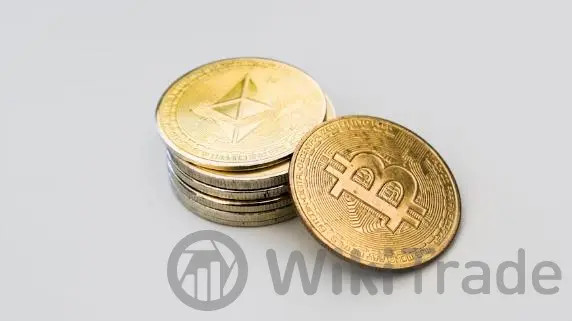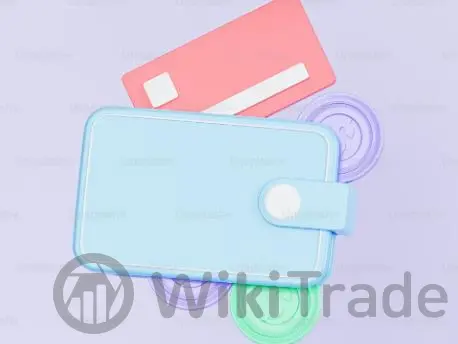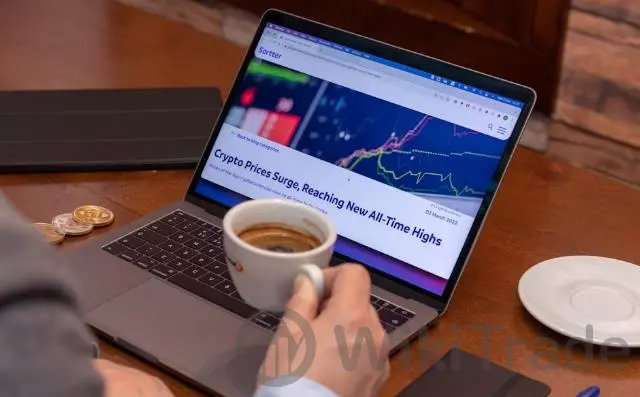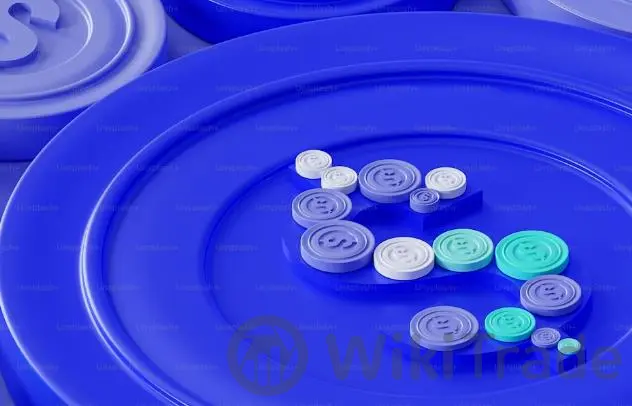What is an NFT Smart Contract?
Abstract: NFT Smart Contracts are the backbone of the digital asset revolution. They're self-executing agreements on the blockchain, governing the creation, trade, and management of Non-Fungible Tokens (NFTs). These contracts ensure that each NFT is one-of-a-kind and that ownership is securely recorded on the blockchain.
NFTs are shaking up the digital world, offering unique ownership of digital items. Central to this innovation are NFT smart contracts, which are programs that enforce the rules of NFTs on the blockchain.
How NFT Smart Contracts Work
When an NFT is created, or “minted,” a smart contract is deployed on the blockchain. This contract assigns a unique identifier to the digital asset and stores metadata about the asset, like its name and description. The smart contract also ensures that no two NFTs have the same ID, preventing duplication.
Transferring an NFT involves the current owner initiating a transfer through the smart contract, which then verifies the owner's identity and updates the blockchain to reflect the new owner.

Importance in the Blockchain Ecosystem
NFT smart contracts are crucial for several reasons:
- They standardize tokens, ensuring compatibility across platforms.
- They represent unique digital assets, establishing their value.
- They maintain a transparent and unchangeable record of ownership.
- They facilitate secure transactions.
- They eliminate the need for intermediaries.
- They provide proof of authenticity and provenance.
- They can include royalty mechanisms for creators.
- They can be part of decentralized governance structures.

Creating Your Own NFT Smart Contract
Creating an NFT smart contract involves:
- Choosing the right token standard, like ERC-721 or ERC-1155.
- Using development tools like Truffle, Hardhat, and Remix.
- Setting up a development environment with Node.js, npm, and a wallet like MetaMask.
- Writing the contract in Solidity, covering minting, transferring, and burning tokens.
- Considering security with thorough testing and audits.
- Deploying the contract to the Ethereum mainnet or testnets.
- Interacting with the contract using web3.js or ethers.js.

Prerequisites and Tools Needed
To create an NFT smart contract, you'll need:
- Solidity, for writing Ethereum smart contracts.
- Ethereum, as the blockchain platform.
- Development tools like Truffle, Hardhat, and Remix.
- A local blockchain environment with Ganache.
- A wallet like MetaMask.
- Node.js and npm.
- JavaScript libraries like web3.js and ethers.js.
- Security libraries like OpenZeppelin.
- Testing frameworks like Mocha and Chai.
- Ethereum networks for deployment and testing.
- Version control with Git and GitHub.
- A text editor or IDE like Visual Studio Code or Atom.
- Ether (ETH) to cover gas fees.
- Awareness of legal considerations.
- Community engagement through forums.

Common Mistakes to Avoid
When dealing with NFTs, watch out for:
- Phishing scams that aim to steal your private keys.
- Impersonation scams that trick you into sharing personal info.
- Fake NFT projects that deceive buyers.
- Pump-and-dump schemes that leave you with worthless assets.
- Smart contract vulnerabilities that hackers can exploit.
- Overpaying for gas fees during peak times.
- Ignoring legal implications of NFTs.
- Not backing up your wallet information.
- Investing more than you can afford to lose.
Real-World Applications and Best Practices
NFTs are being used in:
- Digital art and collectibles, providing a secure way to authenticate and trade.
- Gaming, allowing true ownership of in-game assets.
- Music and entertainment, offering new revenue streams for artists.
- Real estate, representing properties and streamlining transactions.
- Supply chain, tracking the provenance of goods.
- Educational credentials, securing records of academic achievements.
Future Trends
The future of NFTs includes:
- Integration with the metaverse for true ownership of virtual assets.
- Fractional ownership of high-value assets.
- Enhanced utility and functionality in NFTs.
- Sustainable and eco-friendly NFT solutions.
- Integration with traditional industries.
- Regulatory developments for legal clarity.
- Interoperability and cross-chain solutions.
Opportunities in the NFT Field
There are many opportunities in the NFT space, including:
- Creating immersive experiences in the metaverse.
- Tokenizing traditionally illiquid assets.
- Integrating NFTs with traditional industries.
- Developing sustainable NFT solutions.
NFT smart contracts are key to the growing world of digital assets. Understanding and creating these contracts can open up numerous opportunities in various fields.




Top News
 WikiTrade
WikiTrade WikiTrade
WikiTrade WikiTrade
WikiTrade WikiTrade
WikiTrade WikiTrade
WikiTrade WikiTrade
WikiTrade WikiTrade
WikiTrade WikiTrade
WikiTrade WikiTrade
WikiTrade WikiTrade
WikiTrade


